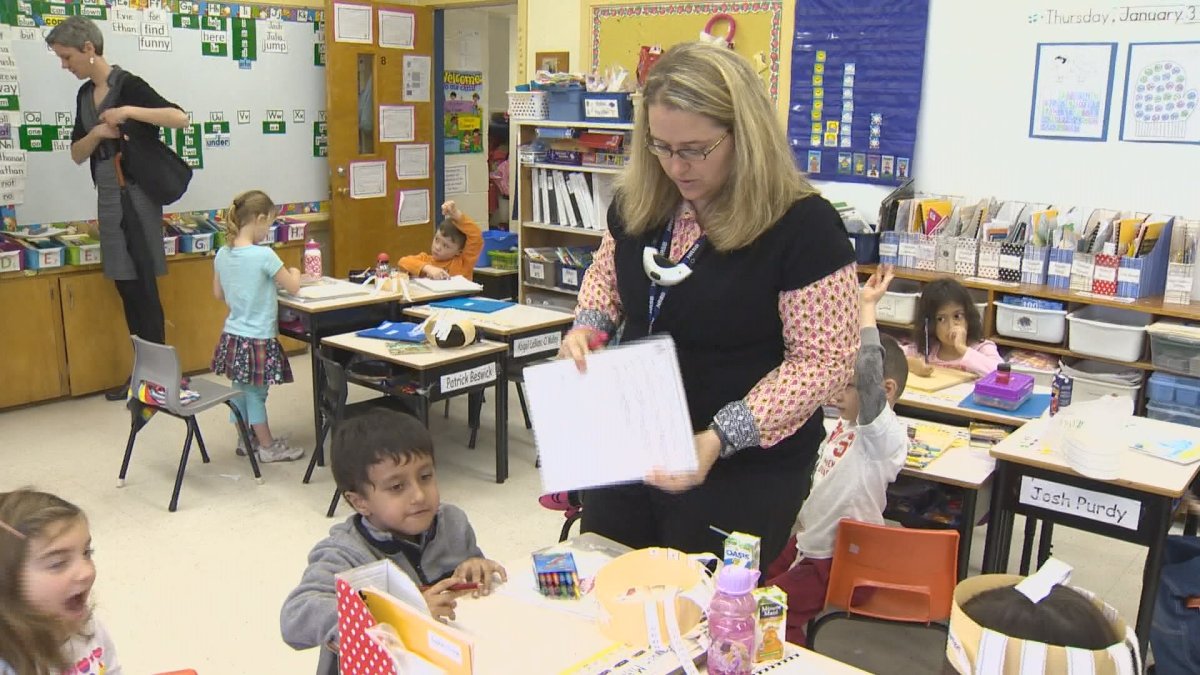Nova Scotians are divided over which side to support in the ongoing dispute between teachers and the government, according to a recent Corporate Research Associates poll.

READ MORE: Nova Scotia premier recorded ‘disappointed’ video before contract talks with teachers collapsed
In a poll of 401 adults in the province, CRA found that 47 per cent of residents either completely or mostly support the teachers taking strike action. Fourty-four per cent mostly or completely oppose strike action, and eight per cent either didn’t give an opinion, or did not know.
Nova Scotia teachers announced Monday they’ll be starting to work-to-rule on Monday, Dec. 5.
READ MORE: Nova Scotia teachers’ 16 contract demands and what the province says they cost
CRA said most who did support teachers taking job action were women and residents younger than 55.
“It is apparent that both the government and the Union are in a no-win situation with the public in their current labour dispute,” said CRA chairperson and CEO Don Mills.
The Nova Scotia Teachers Union (NSTU) and government have been at odds for several months. Teachers have rejected two tentative agreements recommended by their union, then last month voted overwhelmingly in favour of a strike mandate.
READ MORE: Nova Scotia students to stage classroom walkout Friday
The most recent round of talks between the government and the NSTU broke down last Friday, with the union leaving the table saying the province wasn’t willing to truly negotiate.
The main sticking points for teachers, who have been without a collective agreement since 2015, are working conditions, wages and the long-service award — three things the government says they are not willing to make concessions on.
The survey was conducted between Nov. 9 and Nov. 29. Results are considered accurate to within 4.9 percentage points, or 95 out of 100 times.
- Life in the forest: How Stanley Park’s longest resident survived a changing landscape
- ‘Love at first sight’: Snow leopard at Toronto Zoo pregnant for 1st time
- Carbon rebate labelling in bank deposits fuelling confusion, minister says
- Buzz kill? Gen Z less interested in coffee than older Canadians, survey shows




Comments